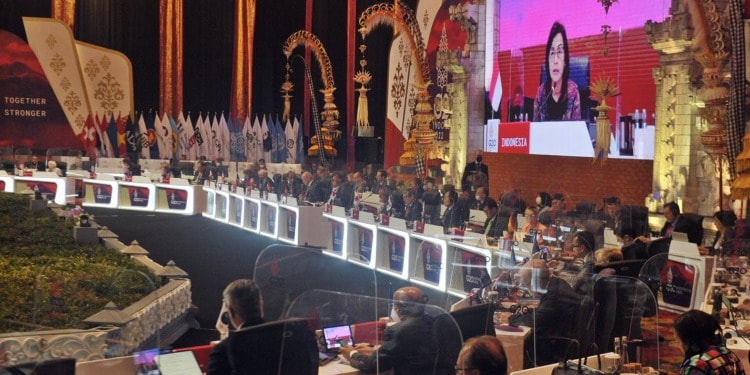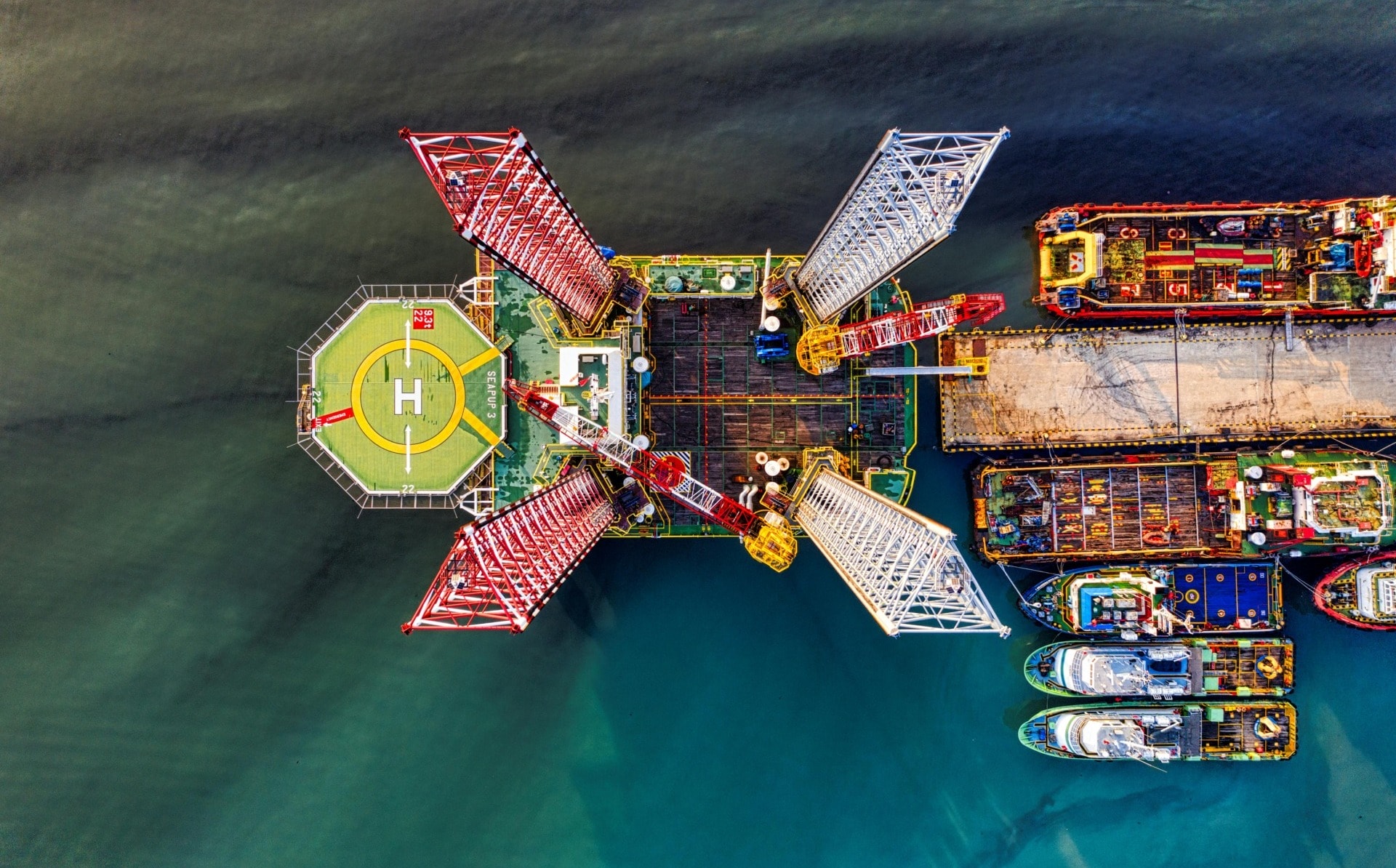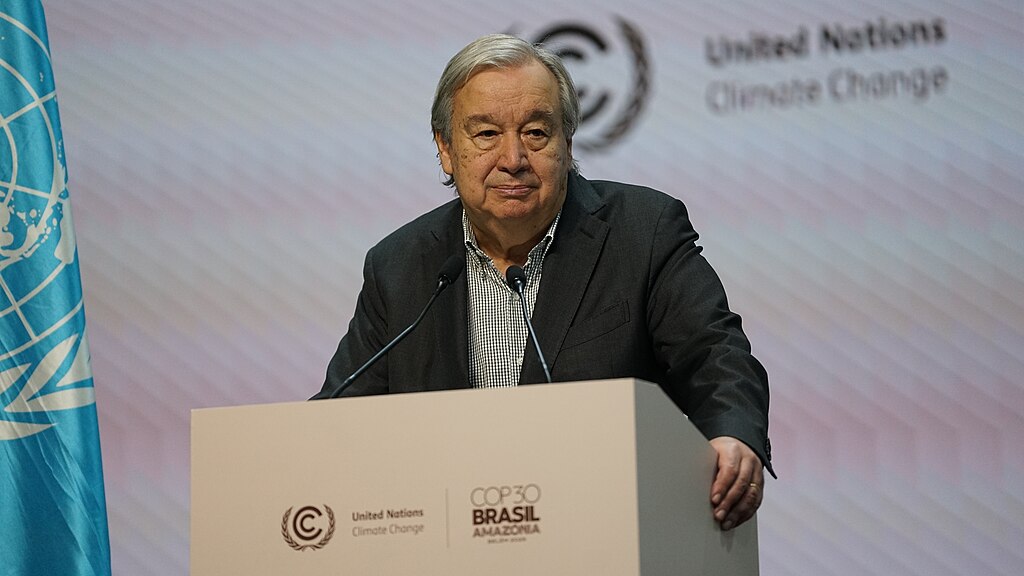The IMF Managing Director Georgieva walks away from the G20 Finance Ministers and Central Bank Governors in Bali, Indonesia, with a prize: The IMF’s newly reformed $10.5 billion Poverty Reduction and Growth Trust received pledges of nearly SDR 8 billion from the G20 – about three-quarters of what is needed. In an arresting statement made on July 16, she did not mince her words, warning of an impending global crisis, saying the outlook “has darkened significantly, and uncertainty is exceptionally high. Downside risks about which the IMF had previously warned have now materialized.”
She told her audience to expect a “further downgrade to global growth, both for 2022 and 2023” in the next World Economic Outlook update. The reasons? They are well-known: “The war in Ukraine has intensified, exerting added pressures on commodity and food prices. Global financial conditions are tightening more than previously anticipated. And continuing pandemic-related disruptions and renewed bottlenecks in global supply chains are weighing on economic activity.”
But, says Director Georgieva, there’s more: “downside risks will remain and could deepen—especially if inflation is more persistent—requiring even stronger policy interventions which could potentially impact growth and exacerbate spillovers particularly to emerging and developing countries. Countries with high debt levels and limited policy space will face additional strains. Look no further than Sri Lanka as a warning sign.” (bolding added).
She could have added Ecuador as another illustration of where the global crisis will take us, with violent protests and strikes led by Indigenous groups over the cost of living lasted over two weeks paralyzing the capital Quito. The crisis was resolved with an agreement with the government that included fuel price cuts and mining restrictions.
High debt is a feature of this global crisis: More than 30 percent of emerging and developing countries are in or near debt distress, noted the IMF Director. For low-income countries that number is 60 percent. And with tightening financial conditions and exchange rate depreciation, the debt service burden is harsh – and for some countries, she said, an “unbearable burden”.
And indeed debt levels are exceptionally high, not just in emerging and developing countries, but in the developed world too, including Italy, the sick giant of the European Union with the second highest debt to GDP ratio at 150.8%. The first is Greece at 193.3% but with a fraction of the volume of the Italian debt which is the largest, and the next two are Portugal at 127.4% and Spain at 118.4% (Eurostat data, June 15, 2022).
Moreover, adding to the global uncertainty, Italy is presently going through a political crisis that threatens EU stability. It started last Thursday when Prime Minister Mario Draghi offered to resign, only to be rejected by the Italian President. As a result, a parliamentary vote of confidence has been set for next Wednesday amidst rising tension as political parties are getting ready for eventual snap elections.
So, according to the IMF, what are the solutions to the impending global crisis?
The IMF maps out a road to recovery from the global crisis
Director Georgieva set out three major steps to “navigate this extraordinarily challenging environment”:
- Fighting inflation is the number one priority: “Failure to do so” warns Georgieva, “could risk the recovery and further damage living standards for vulnerable people”; she noted that fortunately “central banks are stepping up” and monetary policy is “increasingly synchronized” with more than three-quarters of central banks having already raised interest rates;
- Fiscal policy must help fight inflation: As Georgieva put it, it should “not hinder central bank efforts to tame inflation” which is a complex task: When economic growth slows down and there are shocks from high energy and food prices, many people, especially the vulnerable, need more support, not less; so fiscal policy needs to reduce debt and provide targeted support measures;
- Global cooperation is key to addressing the risks of food insecurity and high debt; the IMF Director made it clear that she welcomed the G20 focus on food security issues during these meetings.
Together with heads of the FAO, World Bank, World Food Programme and World Trade Organization, the IMF called on the international community “to step up and work together to support those in immediate need, remove export restrictions, promote food production, and invest in climate-resilient agriculture.”
These priorities for recovery, and the special focus on the need for global cooperation, are in line with statements Director Georgieva made earlier in the year, at the Davos World Economic Forum meeting in January 2022, expressing her concern for the policy divergences our world is facing as a result of the pandemic impacting countries in different ways:
The G20 role in global economic governance to address climate change and pandemics
Likewise, strong global collaboration is needed to tackle the scourge of high debt. Georgieva noted that the G20’s Common Framework (CF) for Debt treatments was playing an essential role, and she noted that in this context, she was “encouraged that the three creditor committees for Chad, Ethiopia, and Zambia are meeting this week. We need results. The whole world is watching.”
The IMF expects to see new rules and timelines established for the CF, and Georgieva noted that “it is important to expand coverage to non-DSSI countries. I urge the G20 to come together on a way forward and to do so swiftly. The debt situation is deteriorating fast and a well-functioning mechanism for debt resolution should be in place.”
To put this in context: G20 official creditors—both traditional “Paris Club” creditors, such as France and the United States, and new creditors, such as China and India that overtook the Paris Club as lenders in the last decade—agreed to coordinate to provide debt relief consistent with the debtor’s capacity to pay and maintain essential spending needs. The G20 produced the Debt Service Suspension Initiative (DSSI)—a program to defer official debt service due by mostly low-income countries (LICs) in 2020 which was then extended through the end of 2021.
The question on the table now is to reform and expand this DSSI. And, for the IMF, it is important to expand coverage to non-DSSI countries. “I urge the G20 to come together on a way forward and to do so swiftly,” said Georgieva, noting that “the debt situation is deteriorating fast and a well-functioning mechanism for debt resolution should be in place”.
The G20 is seen as having a crucial role to making progress on Special Drawing Rights (SDR) channeling to amplify the effect of the IMF’s recent US$650 billion SDR allocation and establishing the IMF’s newest instrument – the Resilience and Sustainability Trust (RST) to address longer-term structural challenges, especially those related to climate change and pandemics — with close to US$40 billion in pledges.
“Now is the time to turn those pledges into actual contributions for the new Trust” that starts operating in October,” Georgieva said.
She left with one final word of warning:
“Finally, we cannot lose sight of the most pressing crisis of all: climate change,” she said. “Scaling up financial resources for the climate transition as well as clear policy signals from national governments to decarbonize their economies are critical. As energy prices abate, countries have an opportunity to accelerate carbon pricing or equivalent measures.”
Let’s hope the United States, the one country most responsible for the climate emergency, will listen, despite the recent catastrophic setback in its climate plans, with President Biden giving up on his green transition package of measures, as inflation and one Democrat, Senator Manchin linked to the coal industry, upset the agenda.
Editor’s Note: The opinions expressed here by the authors are their own, not those of Impakter.com — In the Featured Photo: G20 meeting of finance ministers and central bankers, June 15 and 16, 2022 Source: G20 org














